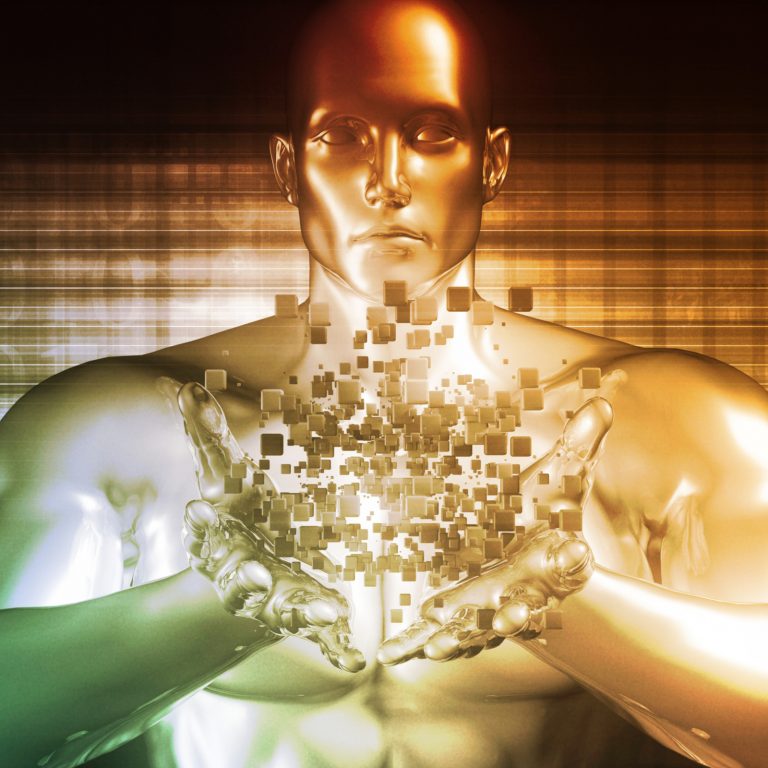2020-9-22 07:32 |
Artificial Intelligence is a computerized technology that aims to mimic and surpass human intelligence through algorithms. The strength of AI is machine learning, through which AI systems can optimize processes by automatically connecting patterns within data, without being explicitly programmed.
The confluence between blockchain and artificial intelligence is data. Big data is the soul of AI systems. AI algorithms are constantly analyzing data for efficiency, and the more the data, the better the results.
On the other hand, blockchain is a secure data storage. Being a decentralized technology that is virtually unhackable, it provides the perfect platform to store AI data sets, ensuring data privacy and security. Unlike the current method that has companies holding data of many individuals, which are often personal and sensitive, blockchain-based AI systems not under the control of a single company.
How can we draw upon the chief benefits of blockchain technology and apply them to AI for better systems? That’s what this section aims to answer.
Decentralization and Data Control
By eliminating the need for an intermediary when sharing data, decentralization puts the user completely in charge of their data. Therefore, rather than have multiple data sets held by different companies, users retain the ownership of their data and can determine who has access to the same.
For instance, in healthcare, patients would be able to share their data securely with medical professionals for personalized treatment plans. In the future, this arrangement of individualized data control can result in the creation of data marketplaces, where companies buy data from individuals themselves, rather from third-party companies violating the users’ rights and privacies.
Data Sharing and Machine Learning
In addition, data sharing does not only benefit customers but AI companies themselves. With machine learning, AI systems can improve themselves independent of human programming, as far as the are fed more data. Blockchain-based AI algorithms, through increased data sharing, access more data, by which companies can build better models.
Smarter Business Operations
The benefits of blockchain in AI also reflect on how business is done, with the rise in the adoption of smart contracts. Smart contracts are like traditional contracts, with set terms, conditions, penalties, etc. The main difference is that the former is coded as a computer program, and actions are triggered immediately when the preset conditions have been met.
Smart contracts run on the blockchain are immutable (just as every blockchain transaction) and neither side can manipulate the process. They eliminate the need for intermediaries, and their associated costs, and are error-free. Cortex, for instance, is a company that has demonstrated the efficiency of blockchain smart contracts in AI applications. Smart contracts are also much more transparent, as all records, contract details, and actions are stored on the blockchain and can be retrieved at any time.
Transparency and Trust
But transparency is not limited to just smart contracts, but to the entire AI framework. Decisions made by AI are complex and straightforward, even for the experts themselves, and especially as the data set grows and the algorithm becomes smarter. This reduces trust in the whole process, even though we know it works.
But that is where blockchain comes in. Blockchain immutably stores details of all transactions, enabling AI experts to understand how the algorithms work exactly and how they arrive at their decisions. This builds trust and would increase the rate of adoption of AI systems, by both individuals and corporate bodies.
Conclusion
The fusion of AI and blockchain leads to mutual benefits for both technologies, as each evens out the shortcomings of the other. For instance, AI can greatly increase computing time for blockchain systems to process transactions. The next important step, though, would be having global regulations to assess the application of both technologies.
Author: Mr. Prashant Pandit, Execuive Director Universal CLC
Blockchain speaker, investor & board member
origin »Bitcoin price in Telegram @btc_price_every_hour
Intelligence Quotient Benefit (IQB) на Currencies.ru
|
|























